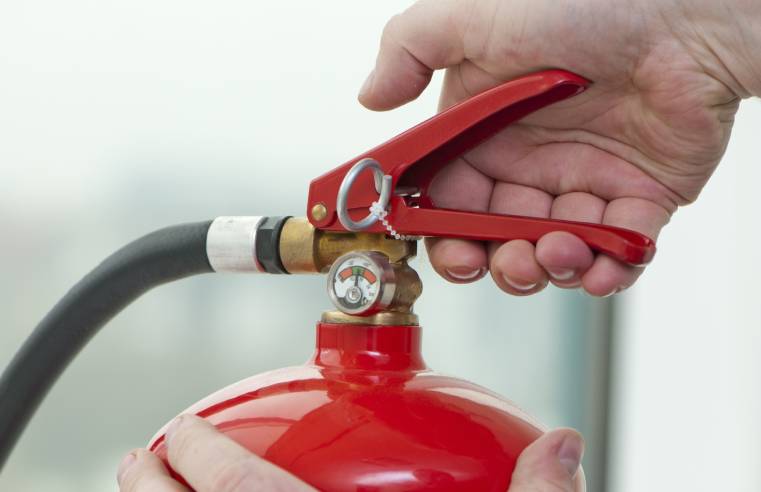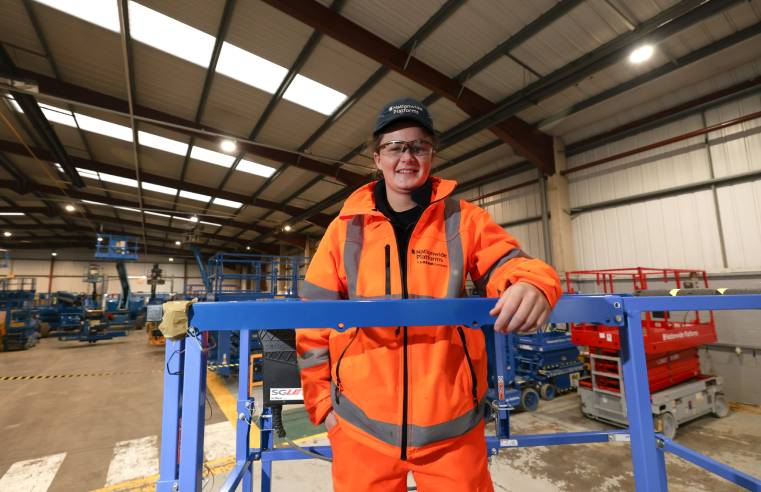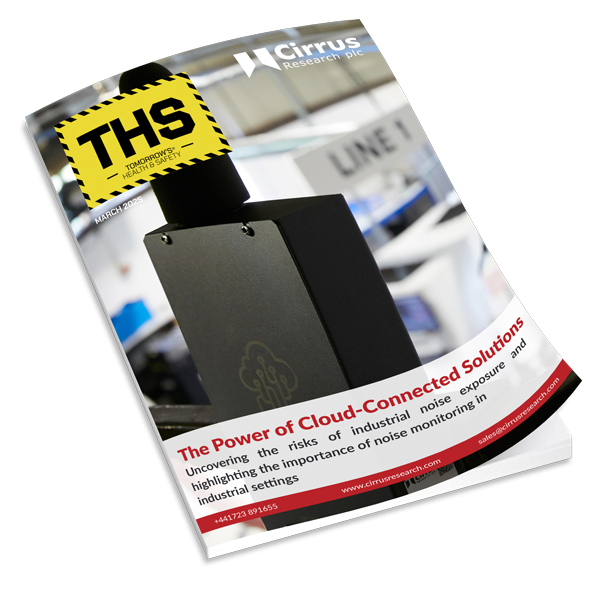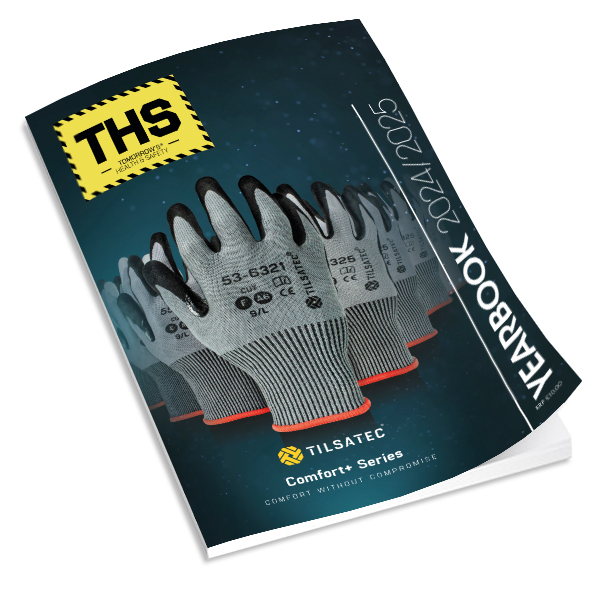With distribution centres across the UK seeing greater pressures since the start of the pandemic, health and safety experts, Bureau Veritas, say mechanical inspections on work equipment must be prioritised alongside COVID-19 health and hygiene measures, in order to ensure upmost safety for employees in this increasingly in-demand industry.
The value of online retail sales in the UK has increased steadily over the past decade, however 2019 to 2020 saw a significant rise with the value, which is now worth an astounding £99.31bn. In 2020, as many as 87% of UK households made online purchases within the preceding 12 months, mainly clothing and sports goods.
Thus, with the nationwide lockdowns having intensified the already growing trend towards e-commerce, recent months have seen distribution centres, particularly in the retail and food industries, come under increasing pressures. With this increase in product footfall, it is likely too that lifting equipment will have seen a significant amount of use.
Bureau Veritas is therefore stressing the need for duty holders responsible for distribution centres to ensure they achieve and maintain compliance for all mechanical work equipment, to safeguard employee safety.
Gary Keenan, Chief Engineer for the Mechanical Division at Bureau Veritas, commented: “As we all know, the pandemic has spurred exponential growth in online shopping. With supermarket shelves deserted in the early lockdown and non-essential retail closed for much of the year, many brands have spent the past year catching up with demand. Whether opening new distribution centres or ramping up existing operations, the e-commerce supply chain has never been busier and distribution centres are working harder than ever.
“With this sharp rise in use of distribution centres, its vital that businesses are aware of health and safety not only in social distancing and hygiene measures, in which we are all now well-accustomed, but also how their equipment may be faring in this busy time.
“Unless your equipment has a specific examination scheme in place, thorough examinations should be performed every six months on lifting equipment used to lift people and all lifting accessories, and every 12 months for all other lifting equipment – always by a competent person.
“This means most distribution facilities should have had their lifting equipment examined at least once, if not twice, since the start of the pandemic. While centres are busy fulfilling orders to keep the supply chain moving, this vital piece of health and safety cannot fall by the wayside.”
There are two key regulations that must be met when it comes to lifting equipment – Lifting Operations and Lifting Equipment Regulations 1998 (LOLER) and Provision and Use of Work Equipment Regulations 1998 (PUWER). The latter places duties on people and companies who own, operate, or have control over work equipment. This includes all businesses and organisations whose employees use work equipment, whether owned by them or not. Meanwhile, LOLER is similar, however applies solely to lifting equipment – in which case compliance to both LOLER and PUWER would need to be met.






















